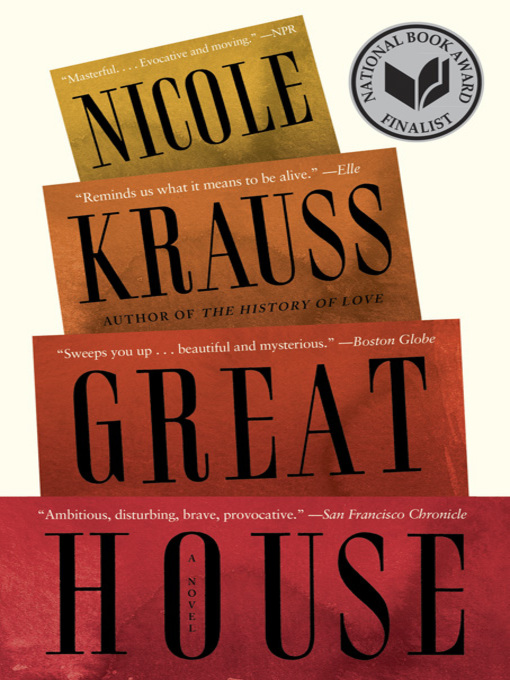New York Times Bestseller • Finalist for the National Book Award • Winner of the Anisfield-Wolf Book Award • A Best Book of the Year as chosen by the New York Times (Notable), Seattle Times, San Francisco Chronicle, The Atlantic, St. Louis Post Dispatch, The Oregonian, and Book Page.
"Masterful...Evocative and moving." —NPR
For twenty-five years, a reclusive American novelist has been writing at the desk she inherited from a young Chilean poet who disappeared at the hands of Pinochet's secret police; one day a girl claiming to be the poet's daughter arrives to take it away, sending the writer's life reeling. Across the ocean, in the leafy suburbs of London, a man caring for his dying wife discovers, among her papers, a lock of hair that unravels a terrible secret. In Jerusalem, an antiques dealer slowly reassembles his father's study, plundered by the Nazis in Budapest in 1944.
Connecting these stories is a desk of many drawers that exerts a power over those who possess it or have given it away. As the narrators of Great House make their confessions, the desk takes on more and more meaning, and comes finally to stand for all that has been taken from them, and all that binds them to what has disappeared. Great House is a story haunted by questions: What do we pass on to our children and how do they absorb our dreams and losses? How do we respond to disappearance, destruction, and change?
Nicole Krauss has written a soaring, powerful novel about memory struggling to create a meaningful permanence in the face of inevitable loss.
"This is a novel about the long journey of a magnificent desk as it travels through the twentieth century from one owner to the next. It is also a novel about love, exile, the defilements of war, and the restorative power of language." —National Book Award citation




